Students, faculty explore issues of healthcare, rights
October 5, 2022
About two dozen students and a handful of faculty members converged on the President’s
Dining Room on Thursday, September 29 for a friendly discussion about where healthcare
belongs in the realm of rights. To begin the discussion, Dr. Marc Rugani gave a short
presentation about the concept of rights, and the legitimacy of certain types of rights. He went
over famous ideas about natural rights and human rights in order to give students a better idea of
how to construct an argument. After the presentation, students discussed with their tables of
about five to six people the points they would like to bring up during the general discussion.
The first point brought up by a student explained how by recognizing healthcare as a
natural right, assistance in life or death situations and annual checkups should not be denied.
Another student added on to this idea, explaining that getting a checkup could be obligatory, as it
prevents diseases from worsening, which would lead to expensive procedures, thus raising the
cost of healthcare. In this situation, it was explained that by providing healthcare initially, before
any crisis appears, the cost of healthcare would be lower for everyone. Shortly afterwards, the
other factors that determine cost of healthcare were discussed. One example brought up was the
price gouging of epipens, which caused public uproar and legal trouble for the parent company.
Dr. Rugani also mentioned that pharmaceutical companies, while not being inherently malicious,
make profit from the poor health of their constituents, because that’s just the way the industry
works. This was tied back to the earlier point about having an obligation to one’s own health,
because the healthier each individual person is, the less the need for expensive procedures. This
led participants to consider the possibility that while urgent care and checkups are a right,
individuals do carry the responsibility to take priority over their own health, so that these rights
can be secured for the rest of the population.
Later on, the idea that healthcare is a natural right was discussed in a different context.
This means that if healthcare is a natural right, then it is also a global right, since everyone has
the right to healthcare. Therefore, do citizens of different countries have an obligation to provide
healthcare to one another? And if not, is healthcare still a natural right? This was a thoughtful
idea that provided a basis to the ideas around natural rights and to what extent the global
community must go to in order to ensure that healthcare lives up to its role as a natural right.
After that, a student explained how the only people guaranteed healthcare in the United States
are prisoners, who are usually in prison because they did something wrong, however they
technically have better access to healthcare than a regular citizen. This led to a discussion about
the morality of the situation, and a discussion about the idea that if prisoners and criminals have
access to healthcare, then the general populace deserves healthcare as well, as they are in general
better behaved people than the prison population. Rounding out the discussion, students brought
up the social and physical barriers to good healthcare, such as location, as it is difficult for some
people to simply go to their care provider.
Overall, this discussion enhanced the broader discussion surrounding healthcare. The
participants demonstrated their ability to use philosophical arguments to prove a point about a
real world issue, and students utilized these arguments to enhance their understanding of the ongoing debate about healthcare and rights. Similar discussions are planned for students and
faculty members in the future.



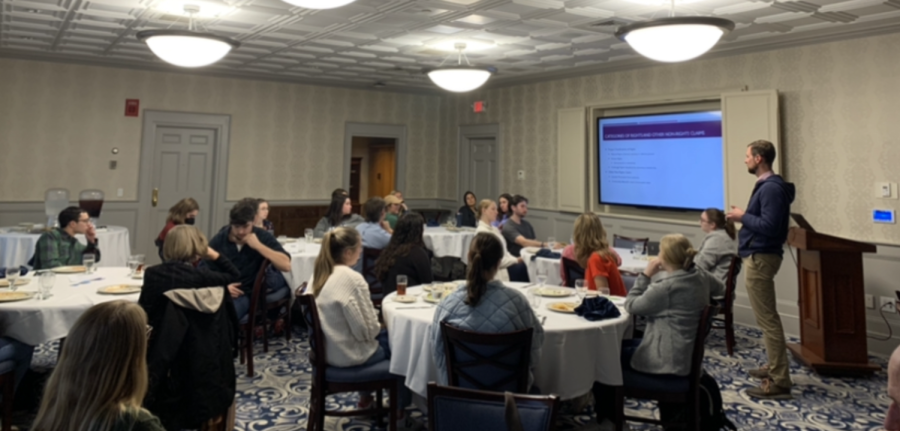

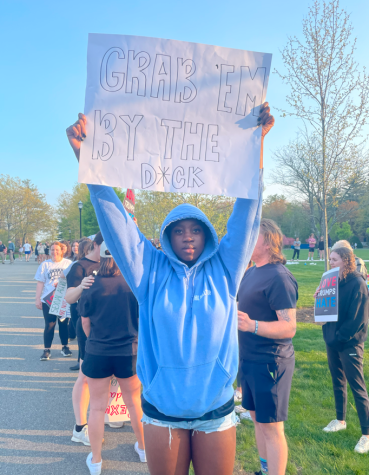

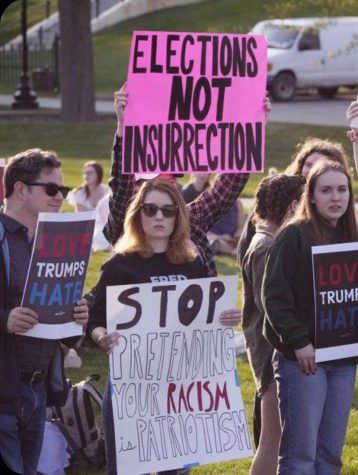
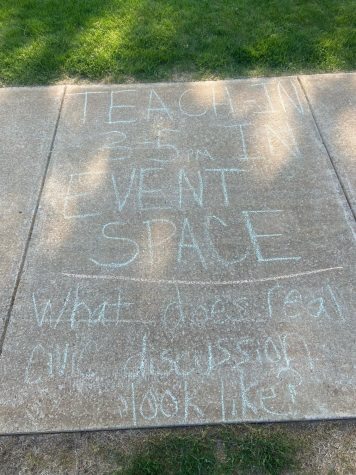
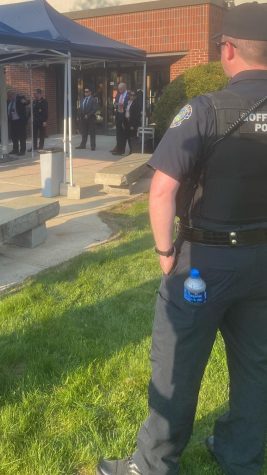
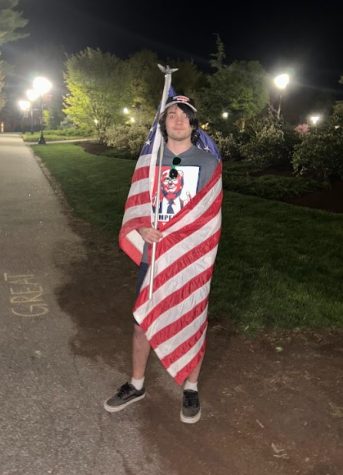
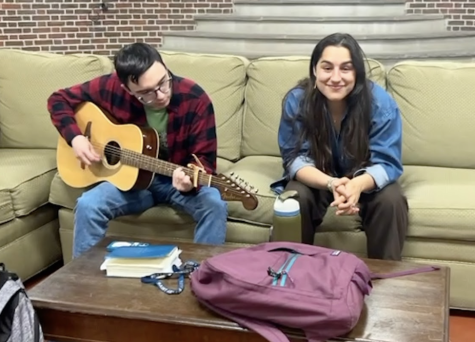
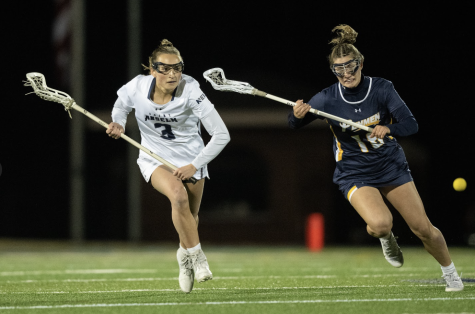

Kathleen L Smith • Oct 19, 2022 at 7:12 am
I enjoyed your thought provoking article, Brian, and look forward to reading more. I commend you and your classmates for participating in these important discussions.
I agree we have a right to care along with a responsibility to prudent self-care. Reasonable steps, such as annual PCP visits, can be encouraged but we have seen with COVID-19 vaccines issues that misinformation and resistance to care are harm-inducing realities. A recent survey of Covid-19 hospitalizations and deaths after FDA approval of vaccines are 76% higher in registered Republicans than registered Democrats. Almost a million people were injured, ~360,000 of whom died.
The influence of media and “leaders” is an apt topic for a future discussion. All citizens need to develop critical thinking which sifts fact from hyperbole. Your discussions foster this skill.
While studying for my MPH I learned about prison healthcare. It is not well applied. There are limited services which are interrupted during frequent Lock-Downs when inmates must return immediately to their cells. That appointment is cancelled and a new one must be booked at a far removed time.
Prisons are a revolving door bringing diseases like STD’s and TB to and from poorer communities. Health care in both places needs urgent improvement through improved local access and extended hours. Benefits for all sick workers would stop the spread of some communicable diseases spread when people must work while ill. Our country’s healthcare has serious gaps between the Have and Have-nots.
Upon retiring to North Carolina’s southern coastal area my husband found that access to a psychiatrist is sharply limited. We returned to MA twice a year for his Bipolar care because expert care allowed him to have a full life of work and functioning. Local people here do not have the options we had.
Profit above people has led to cruel choices by Pharmaceutical companies. Research that topic and give it your attention. As voters you and your peers may one day address this through your representatives in Congress.
Education is about exposure to new facts and diverse ideas. Jump in with both feet to all St Anselm’s offers.
All my best,
Kathleen L Smith
Ocean Isle Beach, NC